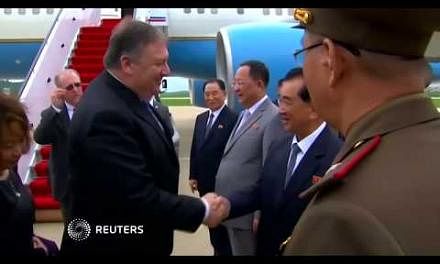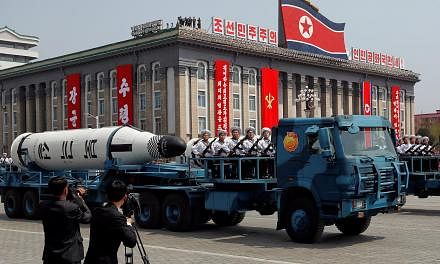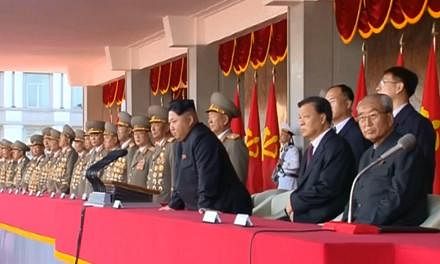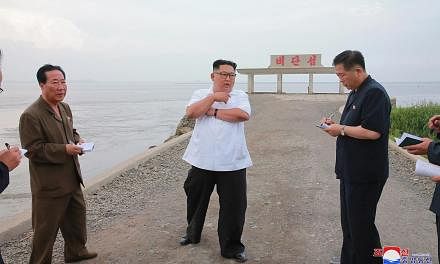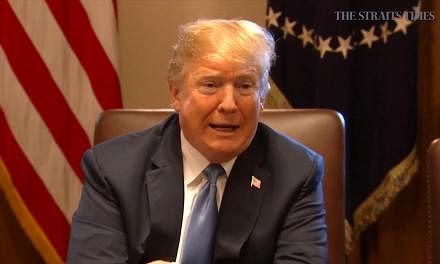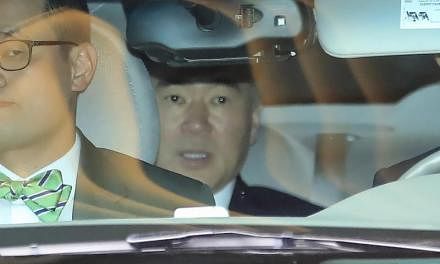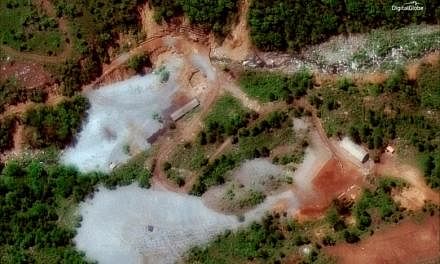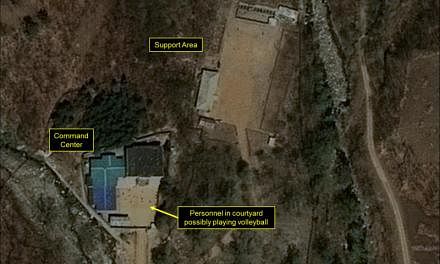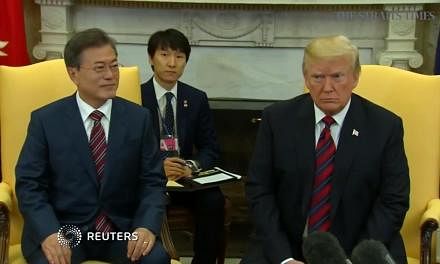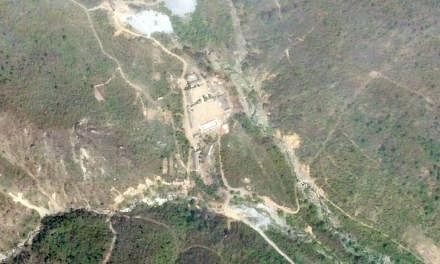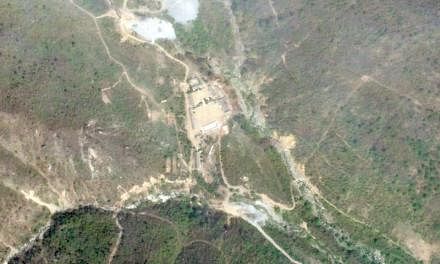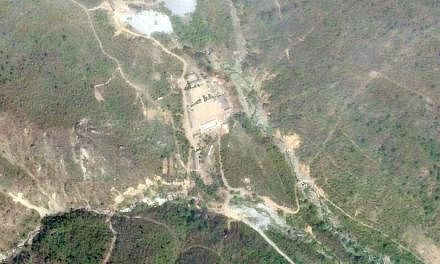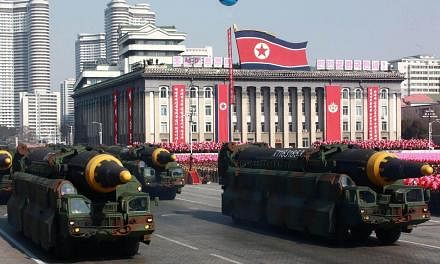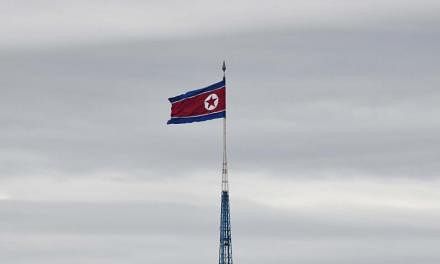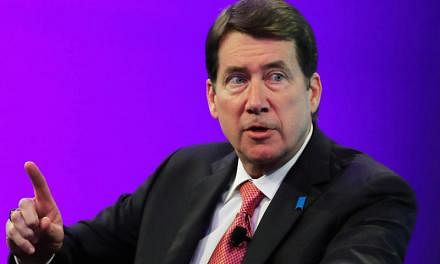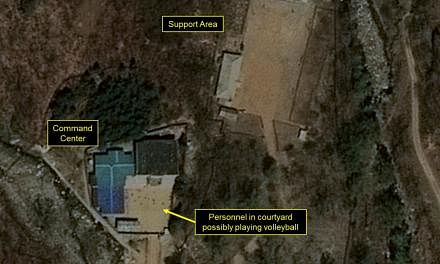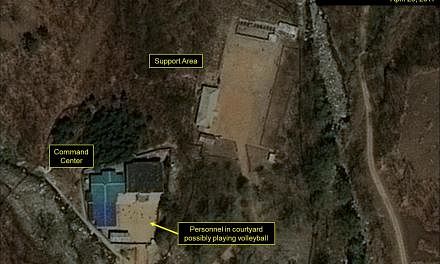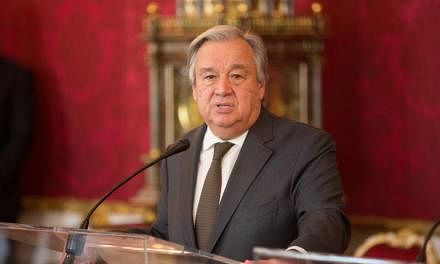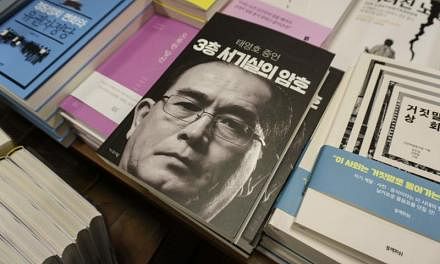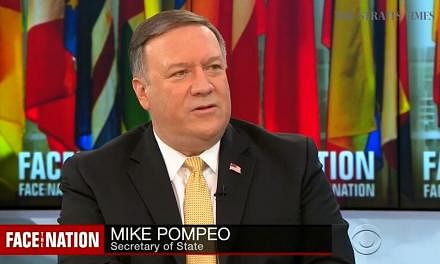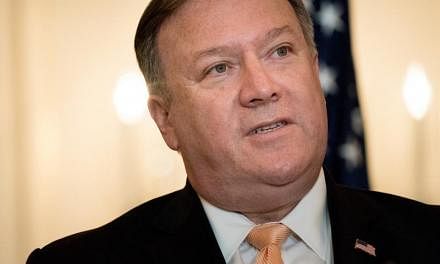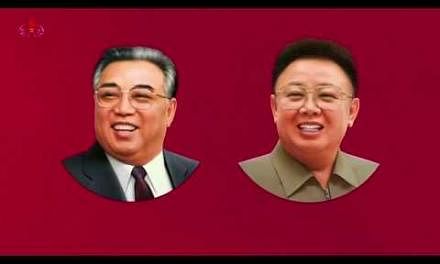-
THE NUMBERS
-
• 2,943 athletes from 92 countries.
• 102 gold medals in seven sports across 15 disciplines.
• 14 trillion won (S$17 billion) - cost of organising the Winter Olympics.
• Almost 70 per cent of the 1.1 million tickets had been sold as of Jan 19, up from 61 per cent last month.
WORLD FOCUS
Can Pyeongchang Winter Olympics be a game changer in inter-Korean relations?
North Korea's surprise move to compete in next month's Winter Olympics in Pyeongchang in the South has given added significance to the Games. Can it help ease tensions on the Korean peninsula?
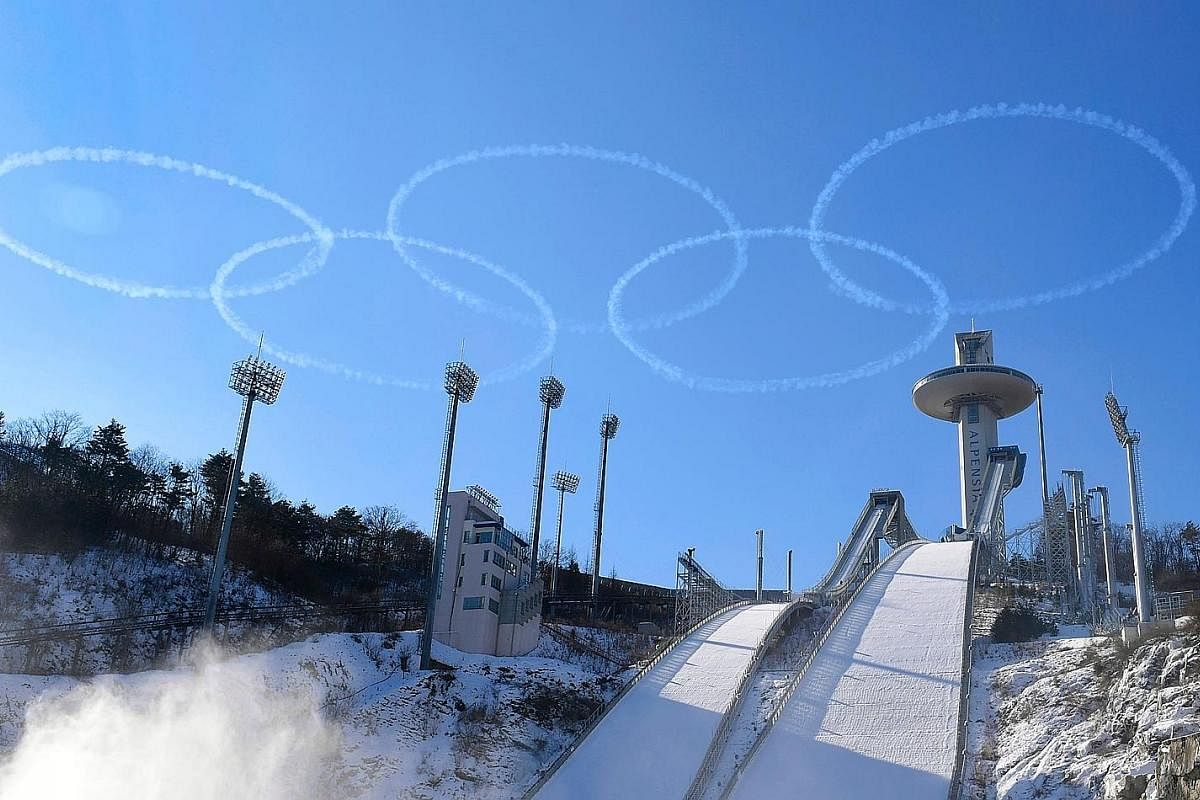
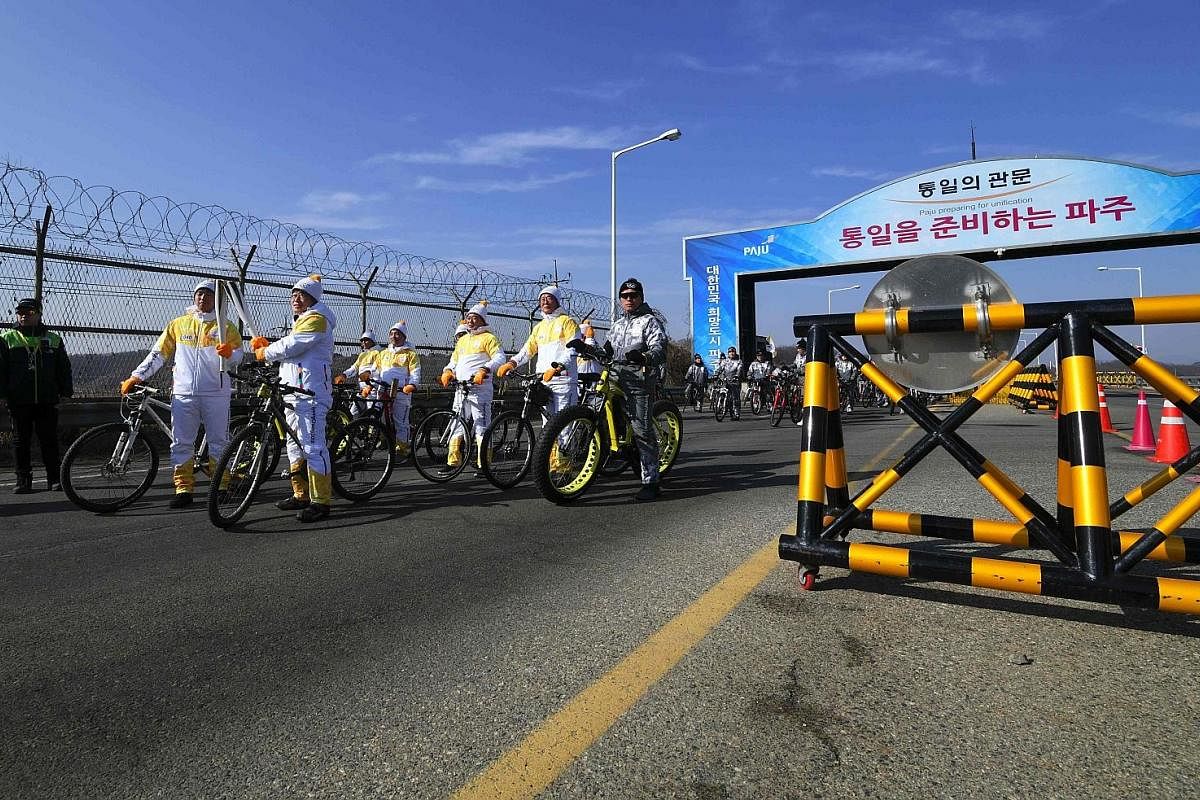
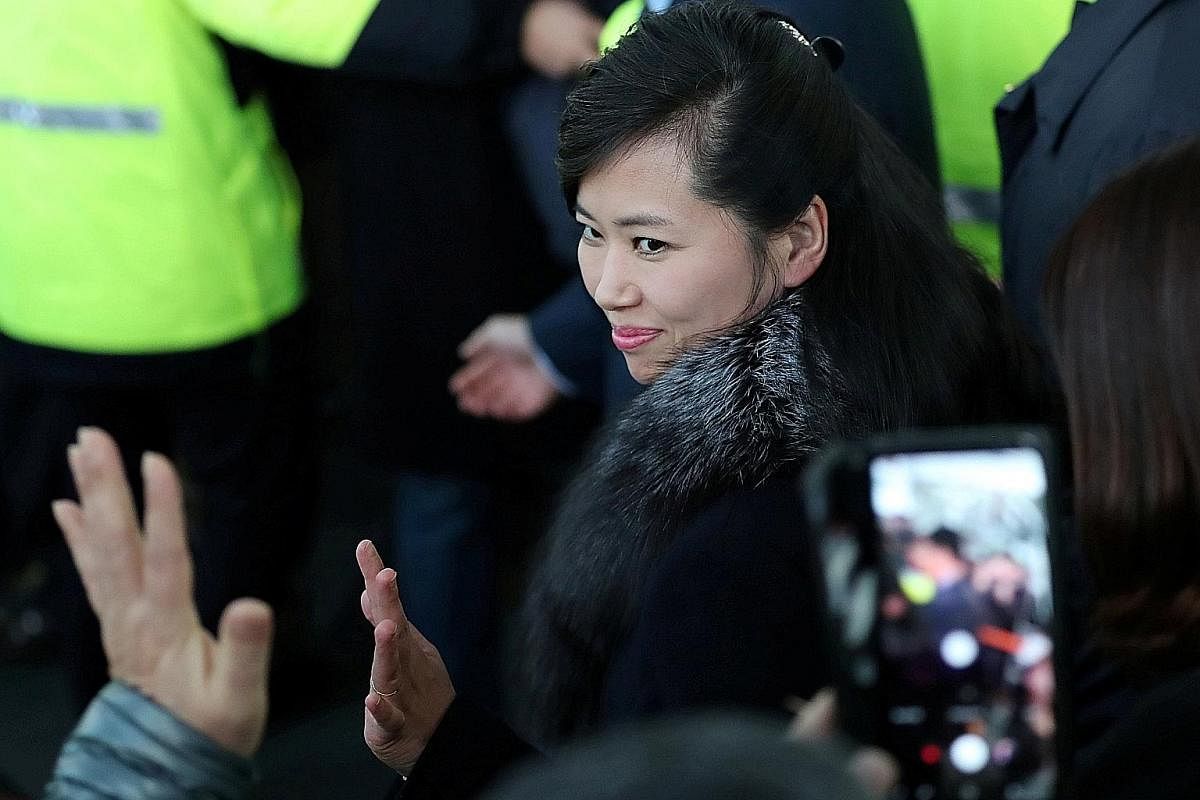
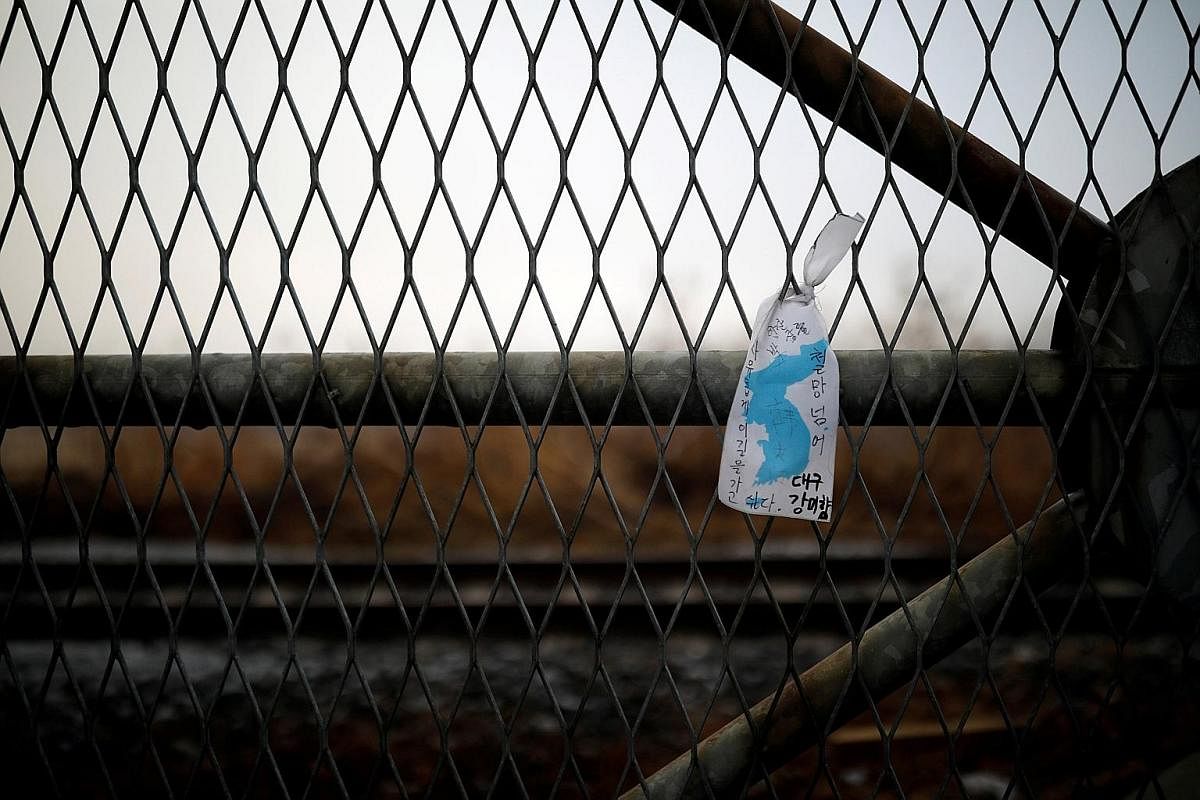
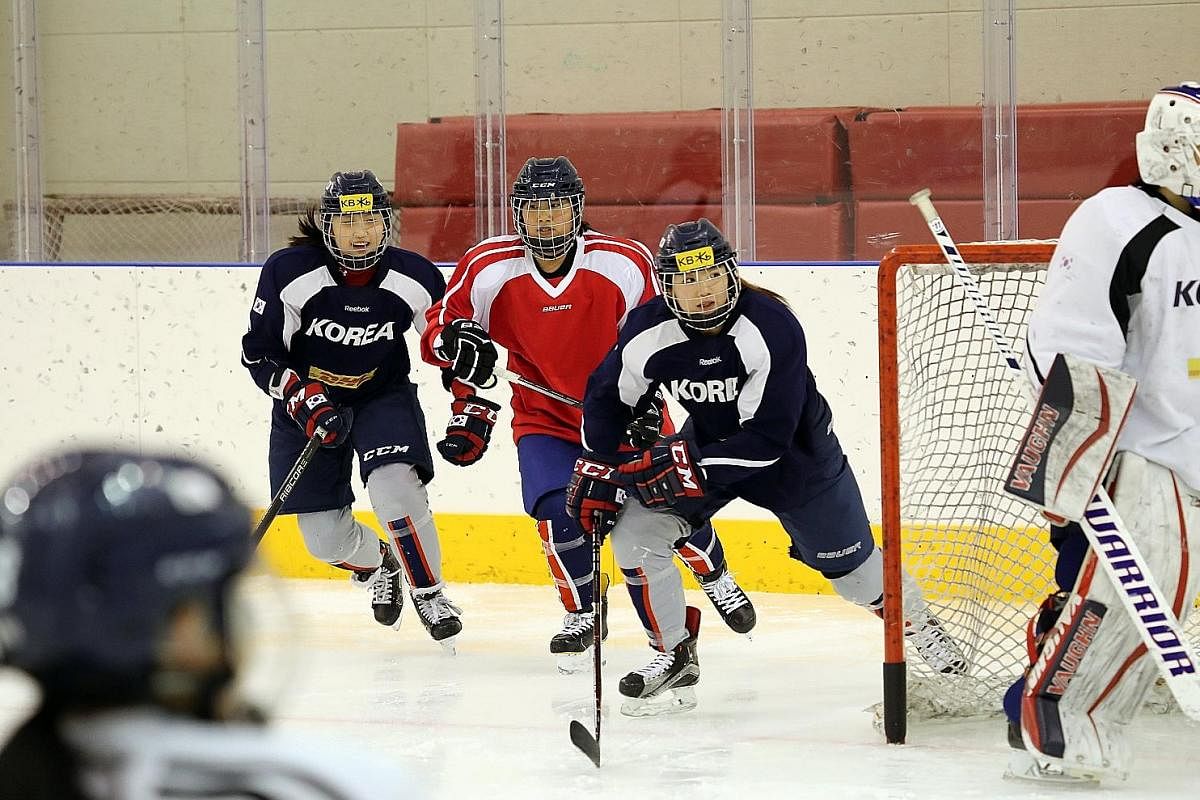
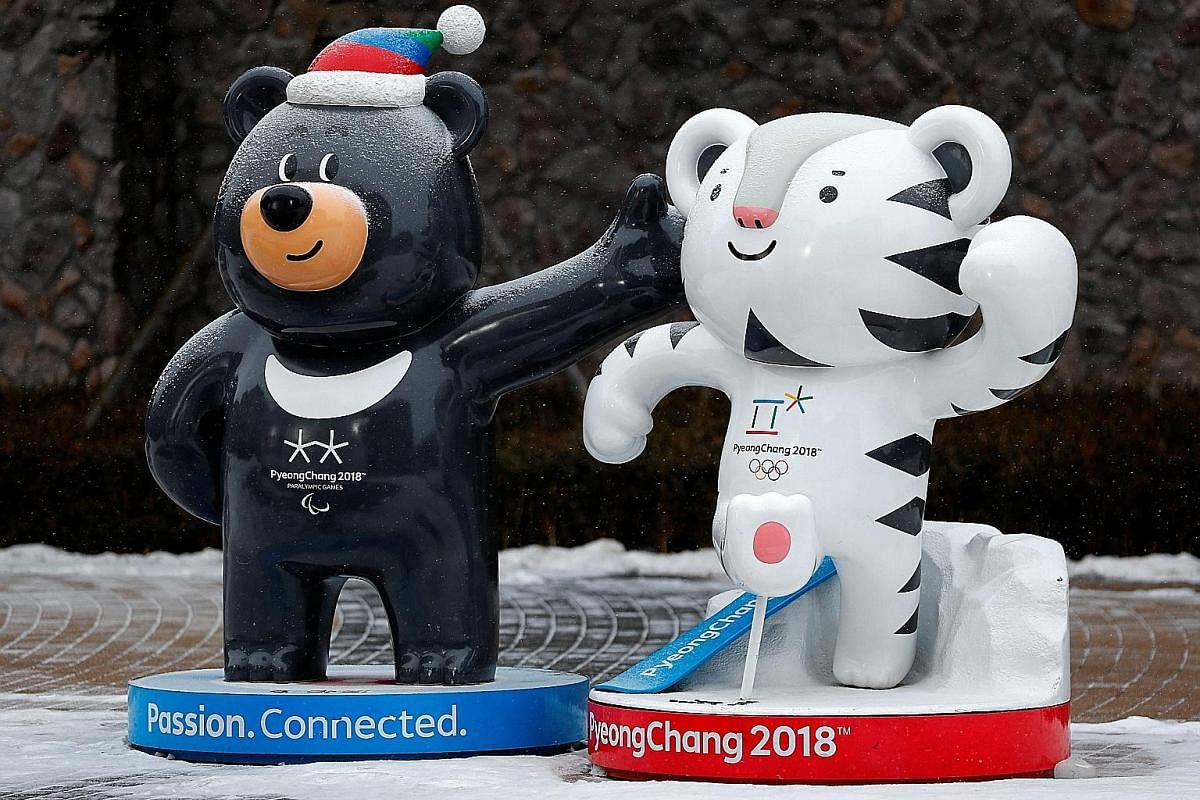
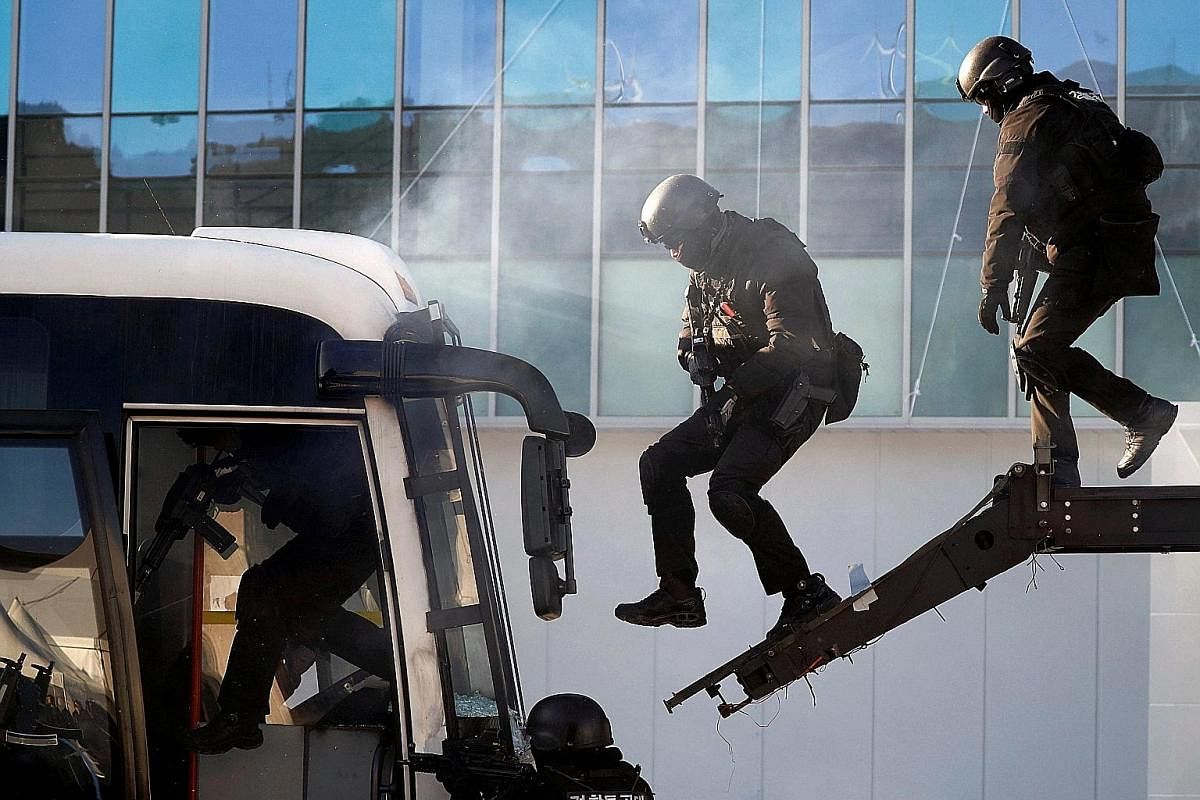

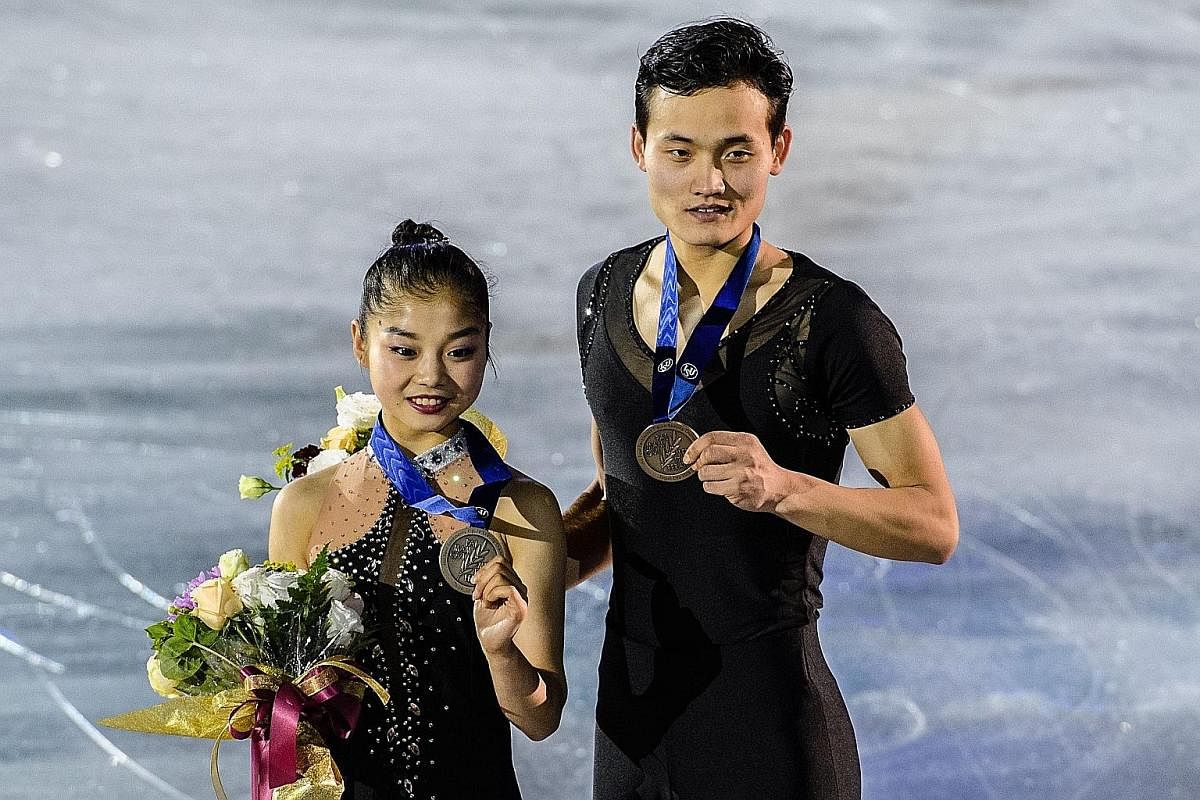
Once a sleepy ski town with a name often mistaken for Pyongyang, South Korea's Pyeongchang has now got the world's attention, all thanks to its northern cousin.
Located just 80km from the heavily fortified Demilitarised Zone, Pyeongchang county in Gangwon province is hosting the Feb 9-25 Winter Olympics, which will draw North Korean participation for the first time in eight years.
Breaking their icy ties of two years due to Pyongyang's rampant missile and nuclear tests, the two Koreas resumed formal talks this month to discuss North Korean leader Kim Jong Un's New Year's Day overture to send a delegation to the Games.
North Korea will be represented by 22 athletes, including award-winning figure skating duo Kim Ju Sik and Ryom Tae Ok, and 12 female ice hockey players who will be part of a joint-Korean team - a first for both countries.
The two Koreas, which are technically still at war since the 1950-53 Korean War did not end with a peace treaty, have also agreed to march as one under a unified flag at the Feb 9 opening ceremony.
Also highly anticipated are 230 North Korean cheerleaders, 140 performers and 30 taekwondo demonstrators, who will drum up support for the Games. They will be accompanied by a delegation of high-ranking officials.
As this is the first time that the North Koreans are joining an Olympic event hosted by the South, hopes are high that the event can be a game changer and lead to a period of sustained peace on the Korean peninsula.
Japan's Prime Minister Shinzo Abe and US Vice-President Mike Pence will be attending the Games.
Pyongyang boycotted the 1988 Summer Olympics held in Seoul and blew up a Korean Air flight the year before in its desperate attempt to disrupt the Games.
All 115 on board the plane died.
All eyes are now on how North Korea's participation will pan out, and if the regime will end up stealing the thunder - and due credit - from its southern cousin, which had worked hard in the past 18 years to achieve its Winter Olympic dream.
The goal was first announced in 2000, but South Korea won the bid to host the Games only in 2011, after losing to Canada's Vancouver (host of the 2010 Winter Olympics) and Russia's Sochi (2014).
The Pyeongchang Olympics, which will cost South Korea 14 trillion won (S$17 billion) to organise, is expected to generate economic benefits of up to 64.9 trillion won over the next decade, due to expanded infrastructure development and a tourism boom, said the Hyundai Research Institute.
Being the host country will also allow South Korea to show off its latest innovations in information technology to the world, including a fifth-generation (5G) wireless network and self-driving buses, as well as organise cultural and K-pop events to extend its soft power.
However, critics are already decrying how North Korea has stolen the spotlight in the quadrennial event and turned it into the "Pyongyang Olympics".
Opposition leaders in South Korea have lashed out at the government for bending over backwards to accommodate the North, while surveys show many South Koreans oppose the joint ice hockey team as it will deny some South Korean players a chance to participate.
Experts have also urged the pro-rapprochement South Korean government to tread carefully and not be too quick to read Pyongyang's involvement as a game changer.
There are warnings that the regime's sudden eagerness to join the Olympics could be a ploy to drive a wedge between Seoul and its ally Washington, let alone pave the way for denuclearisation talks.
Former North Korean spy Kim Hyon Hui, who planted the explosive in the 1987 bombing, has warned against trusting the regime which trained her.
"North Korea is using the Olympics as a weapon. It's trying to escape sanctions by holding hands with South Korea, trying to break free from international isolation", said the 55-year-old in a recent interview with NBC News.
She was arrested and sentenced to death in Seoul, but was granted a presidential pardon in 1990.
Mr Scott Snyder, a senior fellow in Korea studies at the Council on Foreign Relations in Washington, warned that North Korea may press for further delays in joint US-South Korea military exercises and economic concessions.
"I am pessimistic that (North Korea's) participation will be converted into longer-term progress towards tension-easing," he told The Straits Times.
South Korean officials, meanwhile, have stressed the need to seize all opportunities to engage the North, while maintaining a firm stance against provocations.
South Korean President Moon Jae In, who persuaded the United States to postpone the annual joint military drills that would have otherwise coincided with the Olympics, said last week that the Games presented a "precious chance to open the door" to further dialogue to address North Korea's nuclear issue.
Wisdom and effort are needed to sustain the momentum, he added.
South Korea's top diplomat Kang Kyung Wha has told the BBC that Seoul will continue high-level talks with Pyongyang with "clear eyes", while staying "very much on the same page" as Washington.
"You can have all kinds of theories (about North Korea's participation)... but in the end, we have to make the most of it," she said.
Mr Song Suk Doo, vice-governor of Gangwon province, told The Straits Times that the location of the Games holds "deep meaning" as the north-eastern province is divided between the two Koreas.
North Korea's side houses its only ski resort, Masikryong, which both Koreas have agreed to use as training grounds for non-Olympic skiers from both countries.
Both Koreas also agreed to hold cultural events on Mount Kumgang, also located in North Korea's side of Gangwon province.
"Some were worried about security during the Olympics, but North Korea's participation actually reduces the risk and guarantees a safe Olympics," Mr Song added.
And the Korea Times newspaper, in a Jan 27 editorial, called for national unity over the Olympics, saying: "Fighting over North Korea among ourselves is certainly not the way to behave as a mature host. Let's turn the focus on showing everyone that we can put on a fantastic sports event."
Join ST's Telegram channel and get the latest breaking news delivered to you.
A version of this article appeared in the print edition of The Straits Times on January 30, 2018, with the headline Can Pyeongchang Winter Olympics be a game changer in inter-Korean relations?. Subscribe
